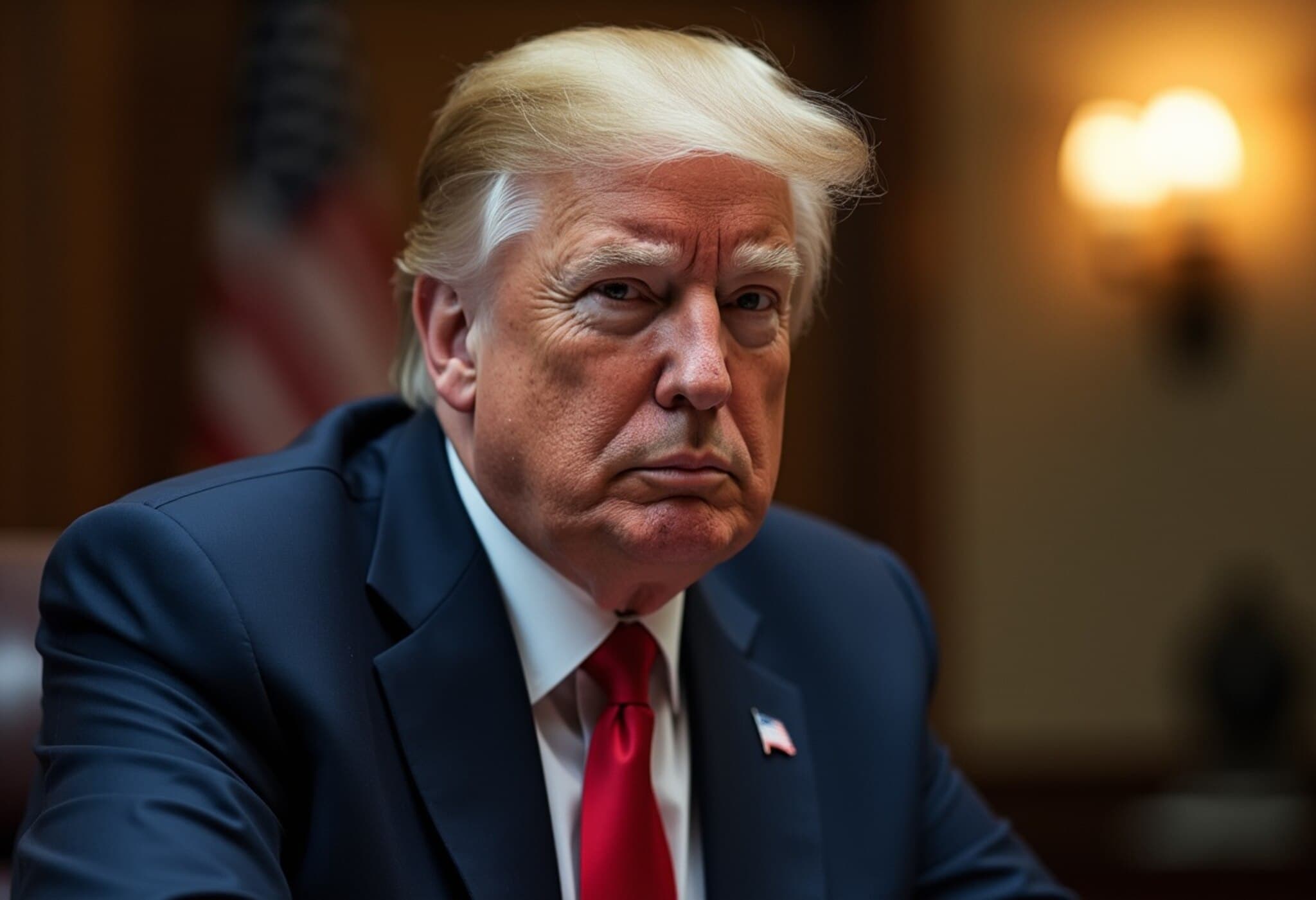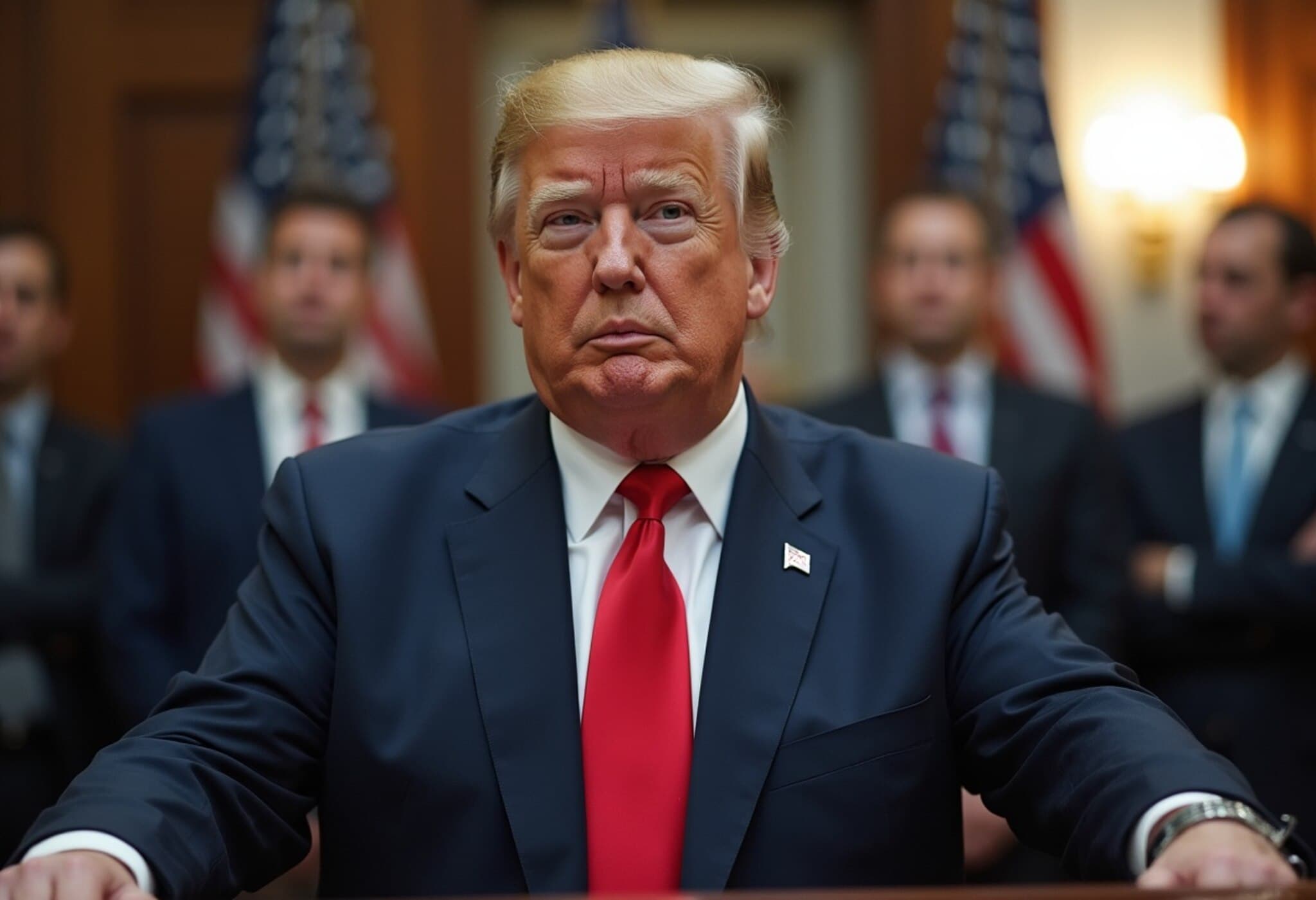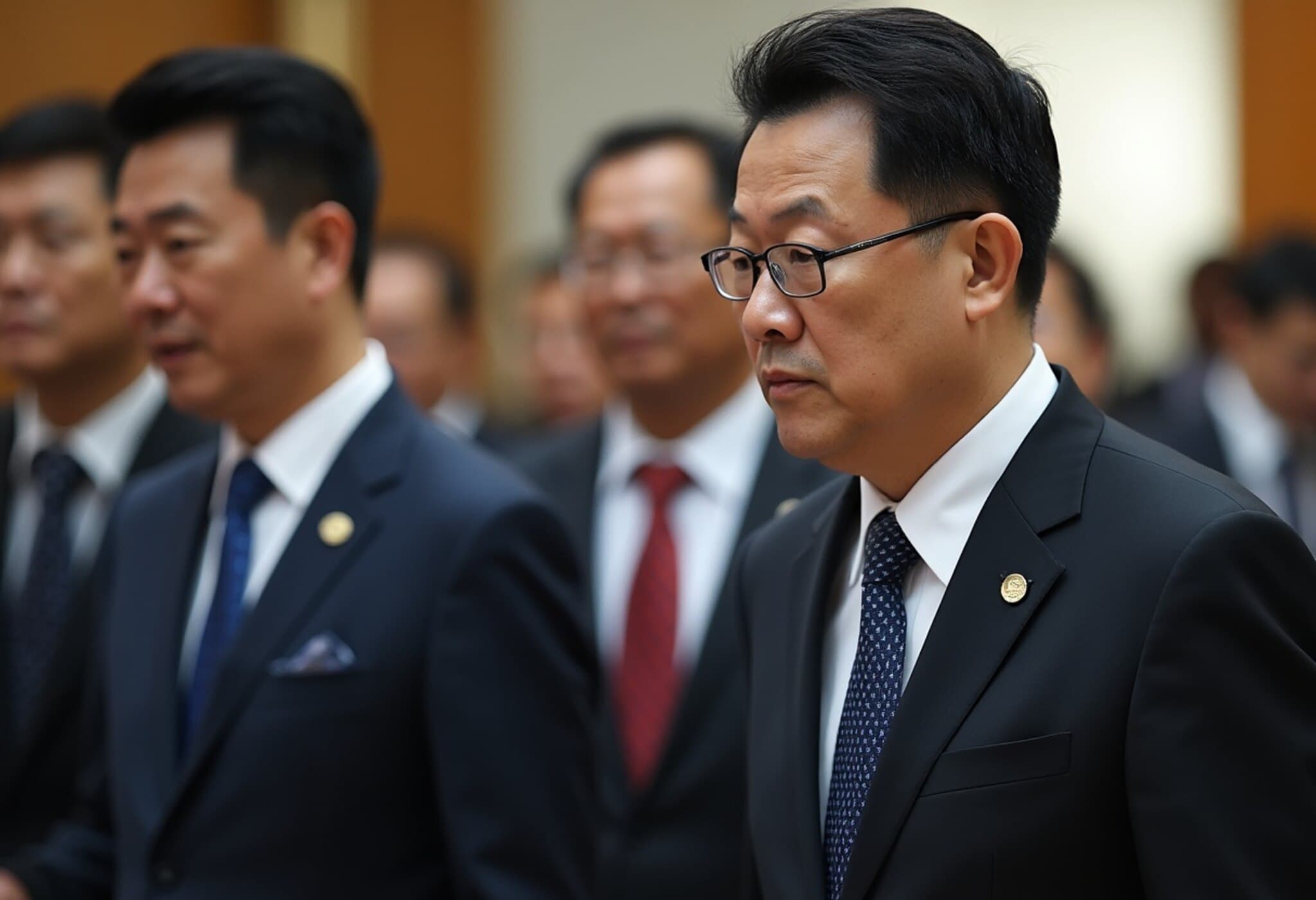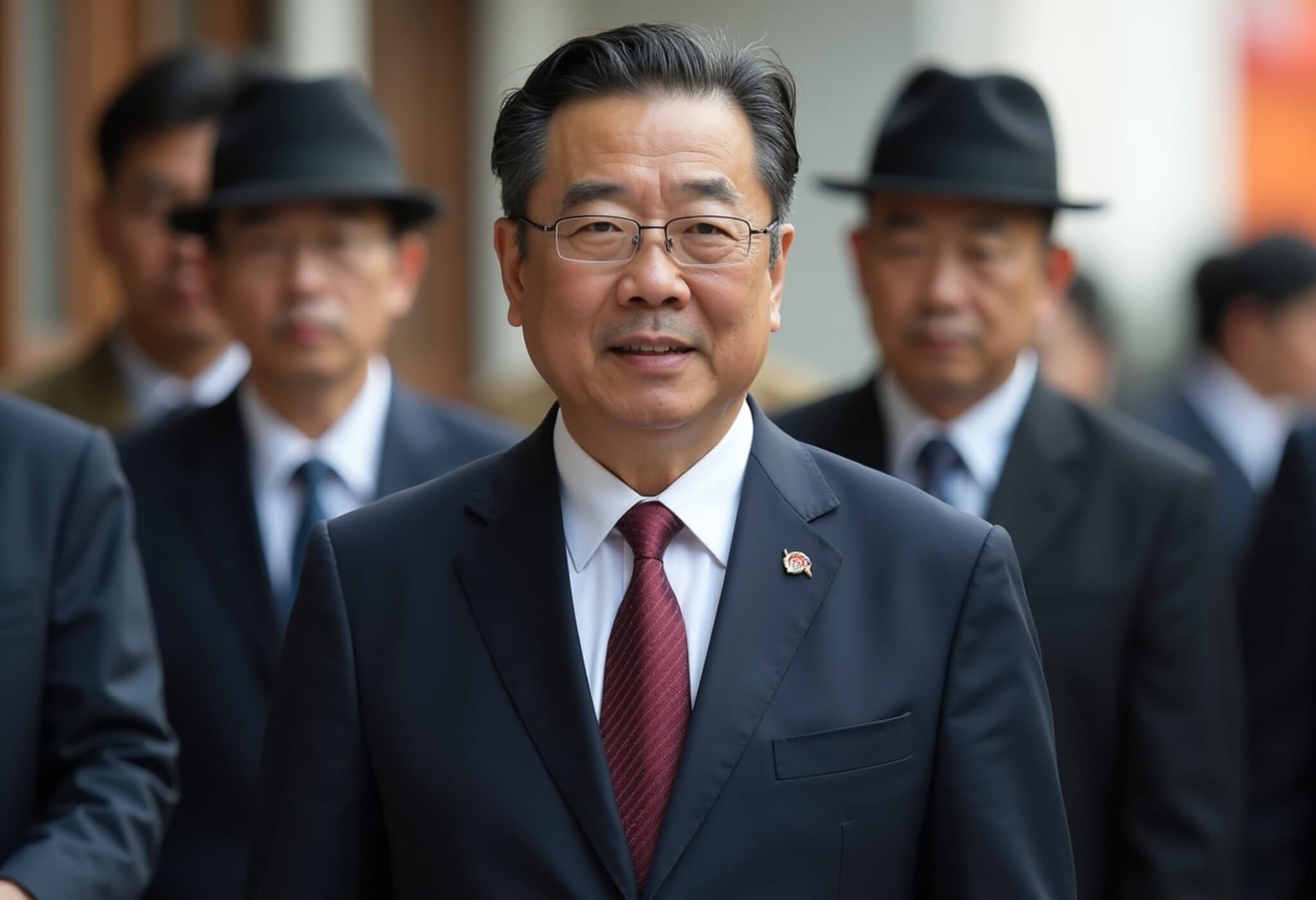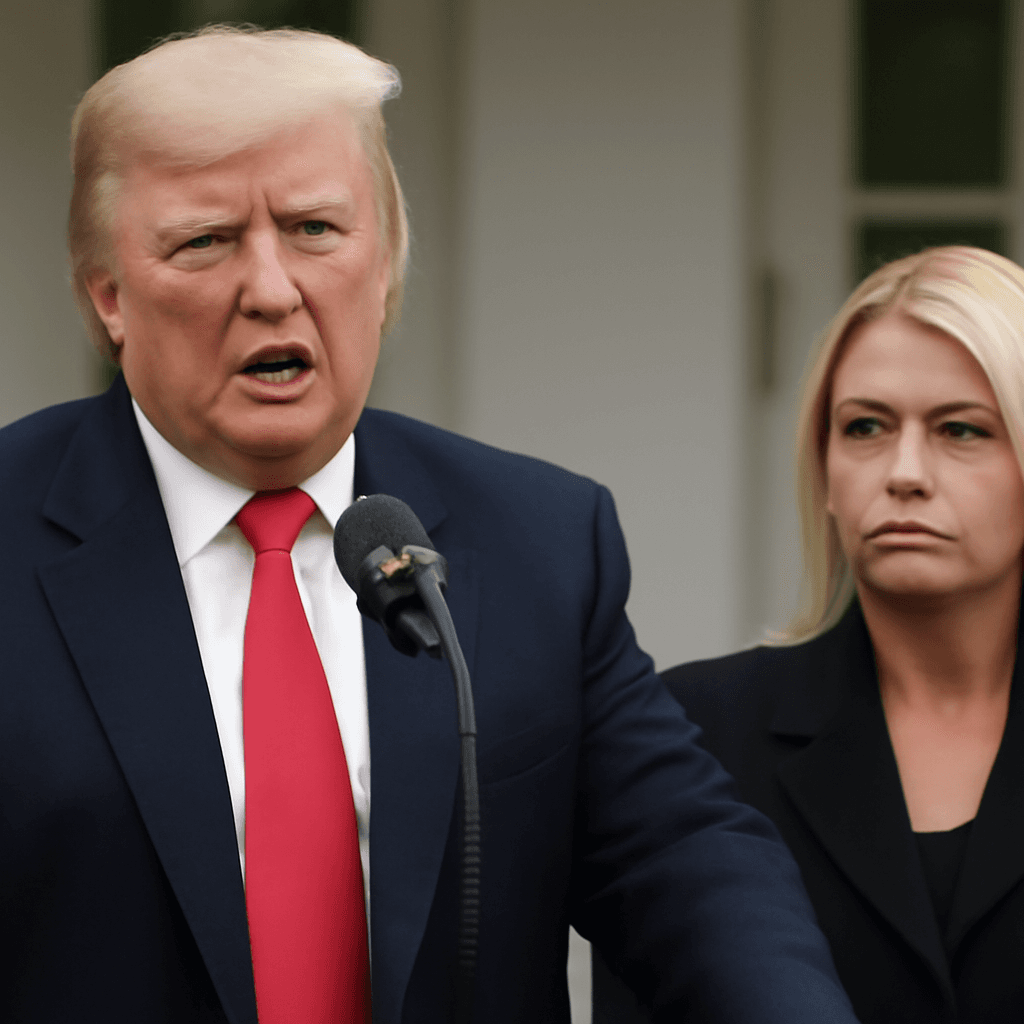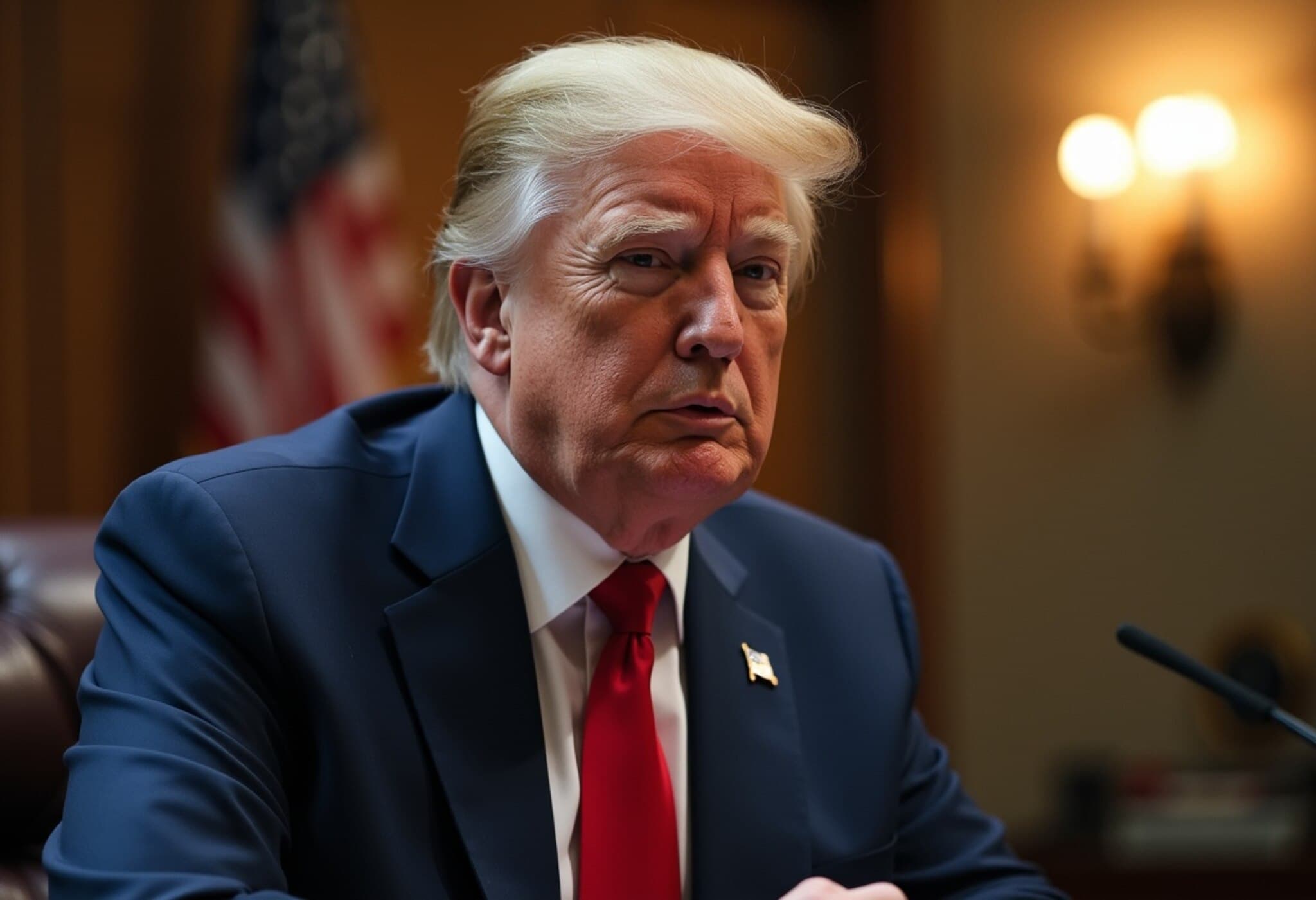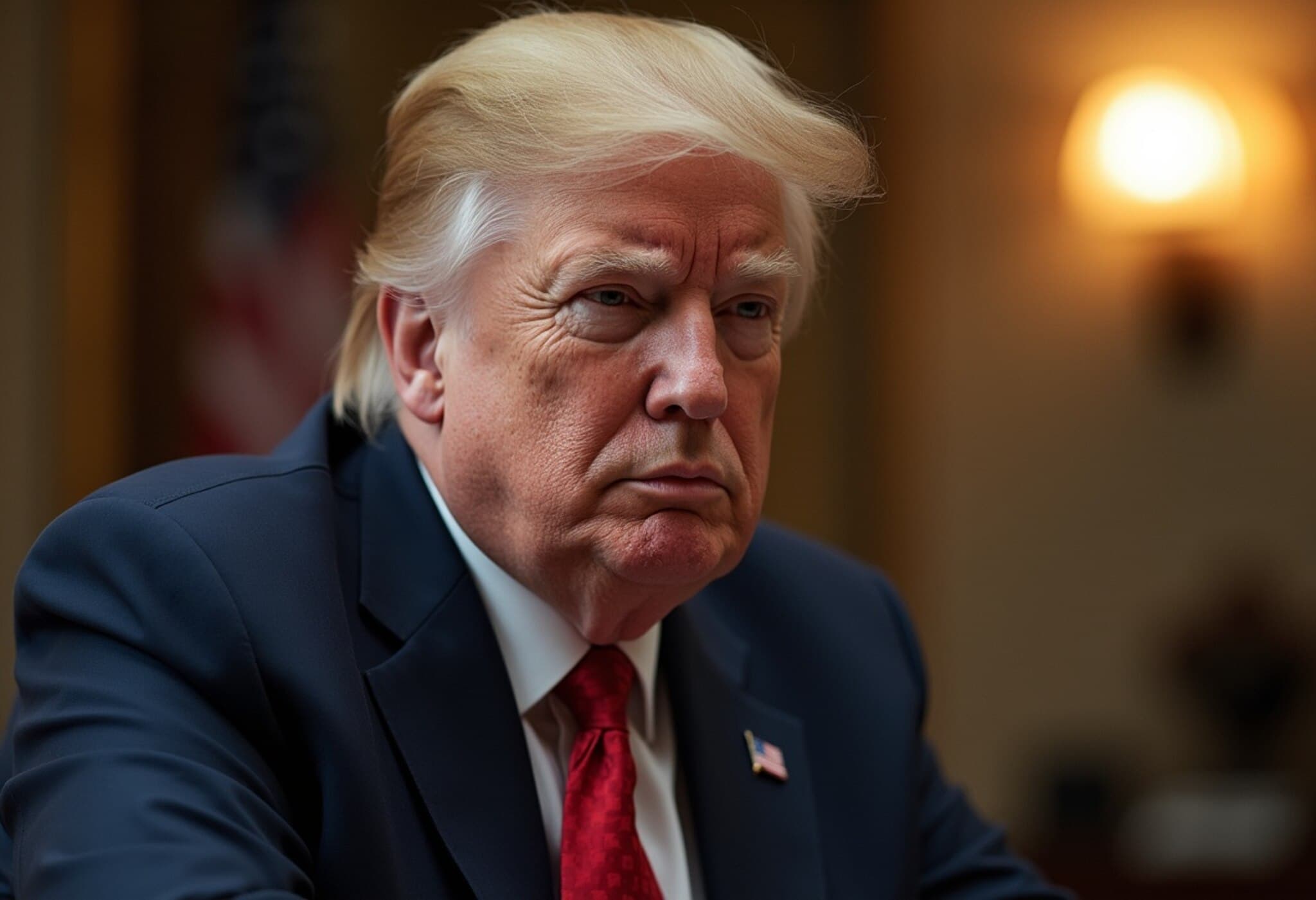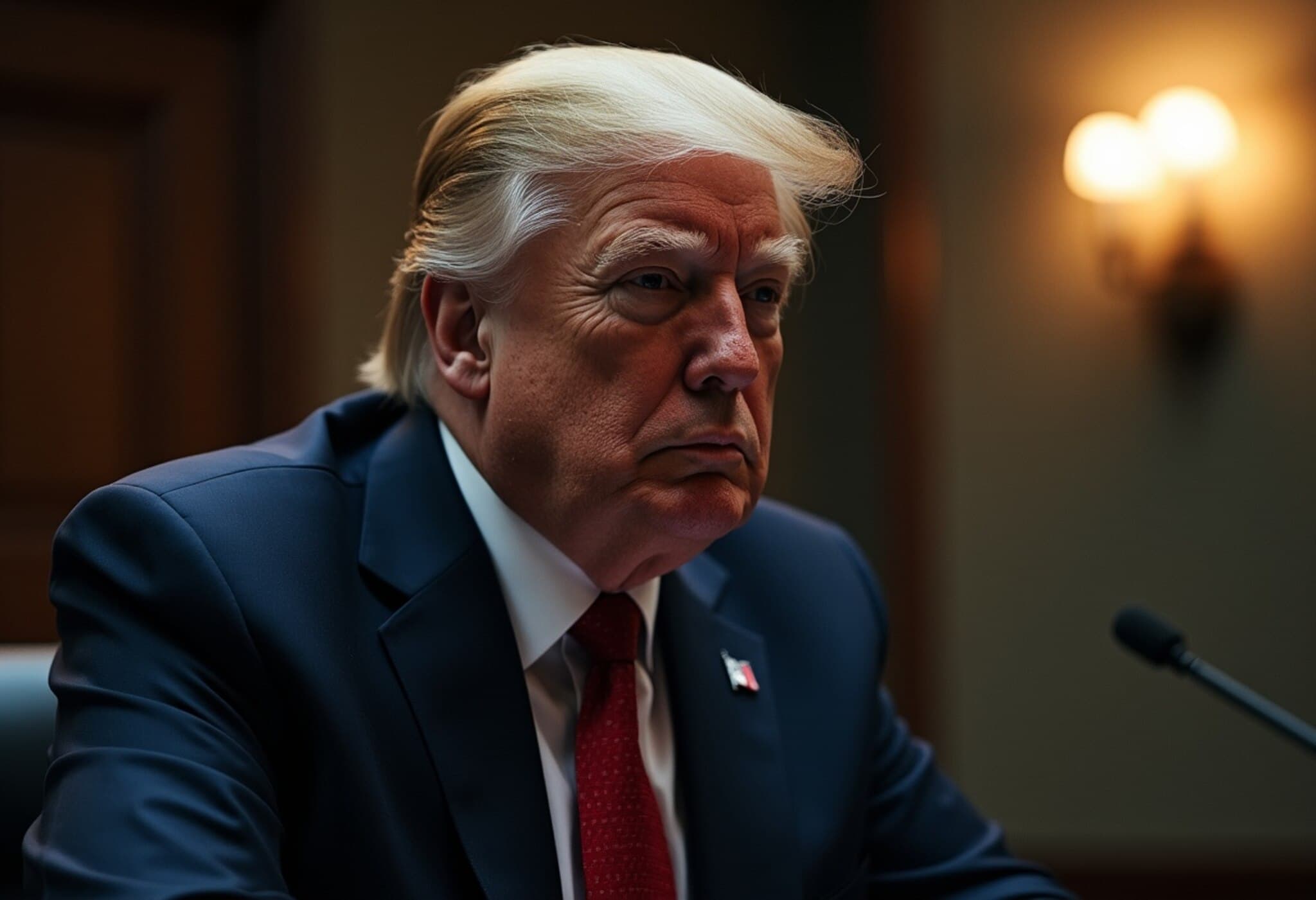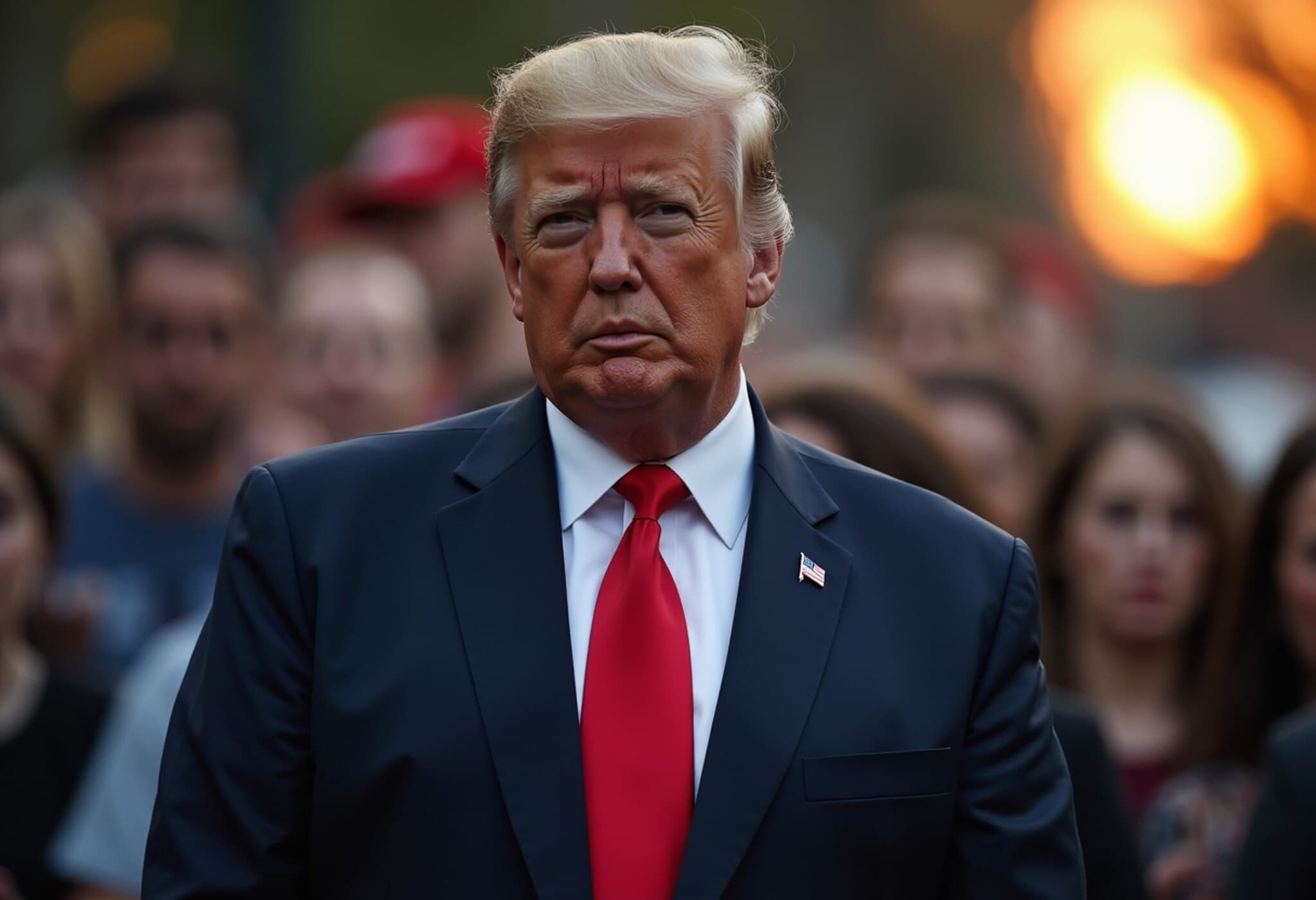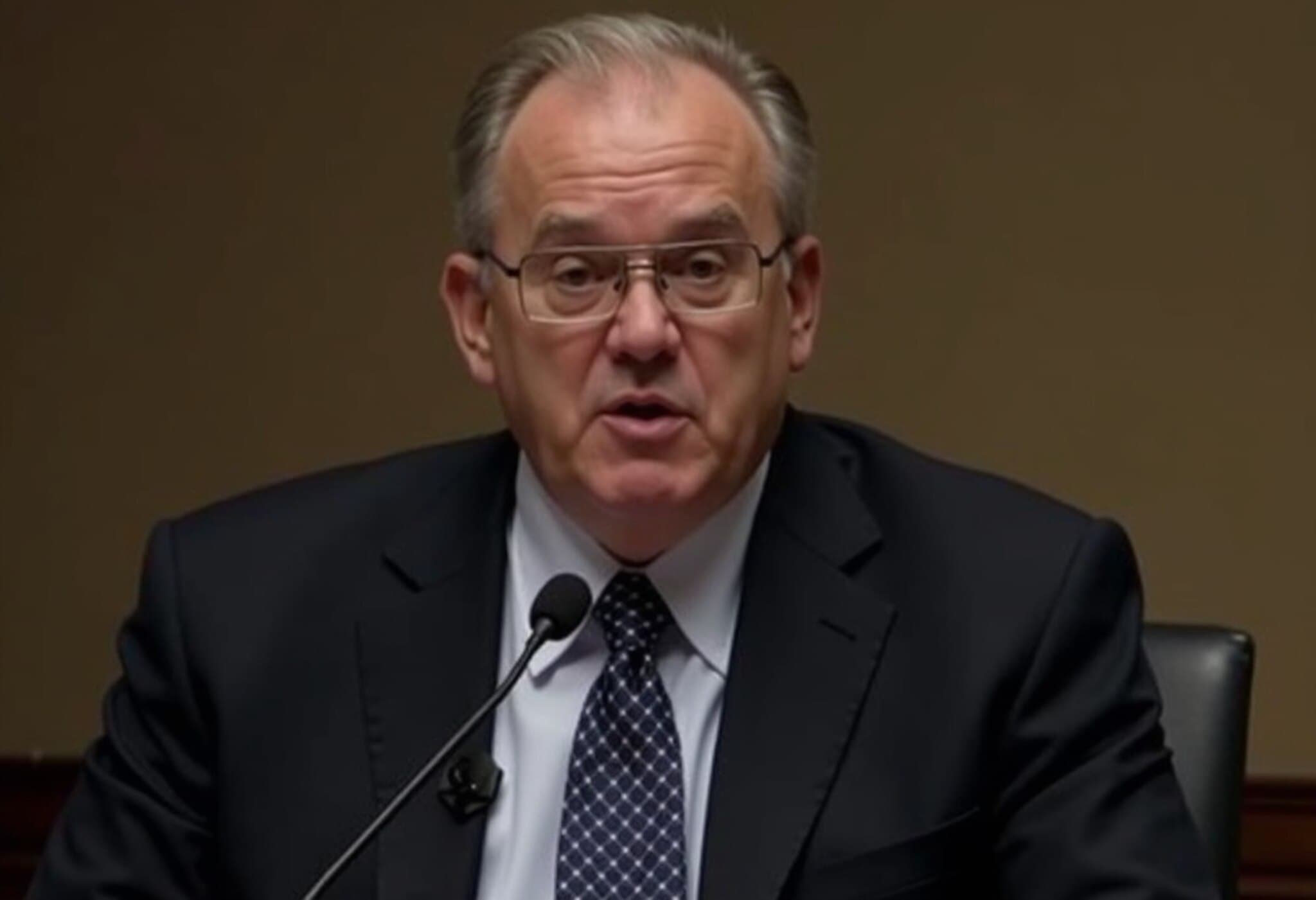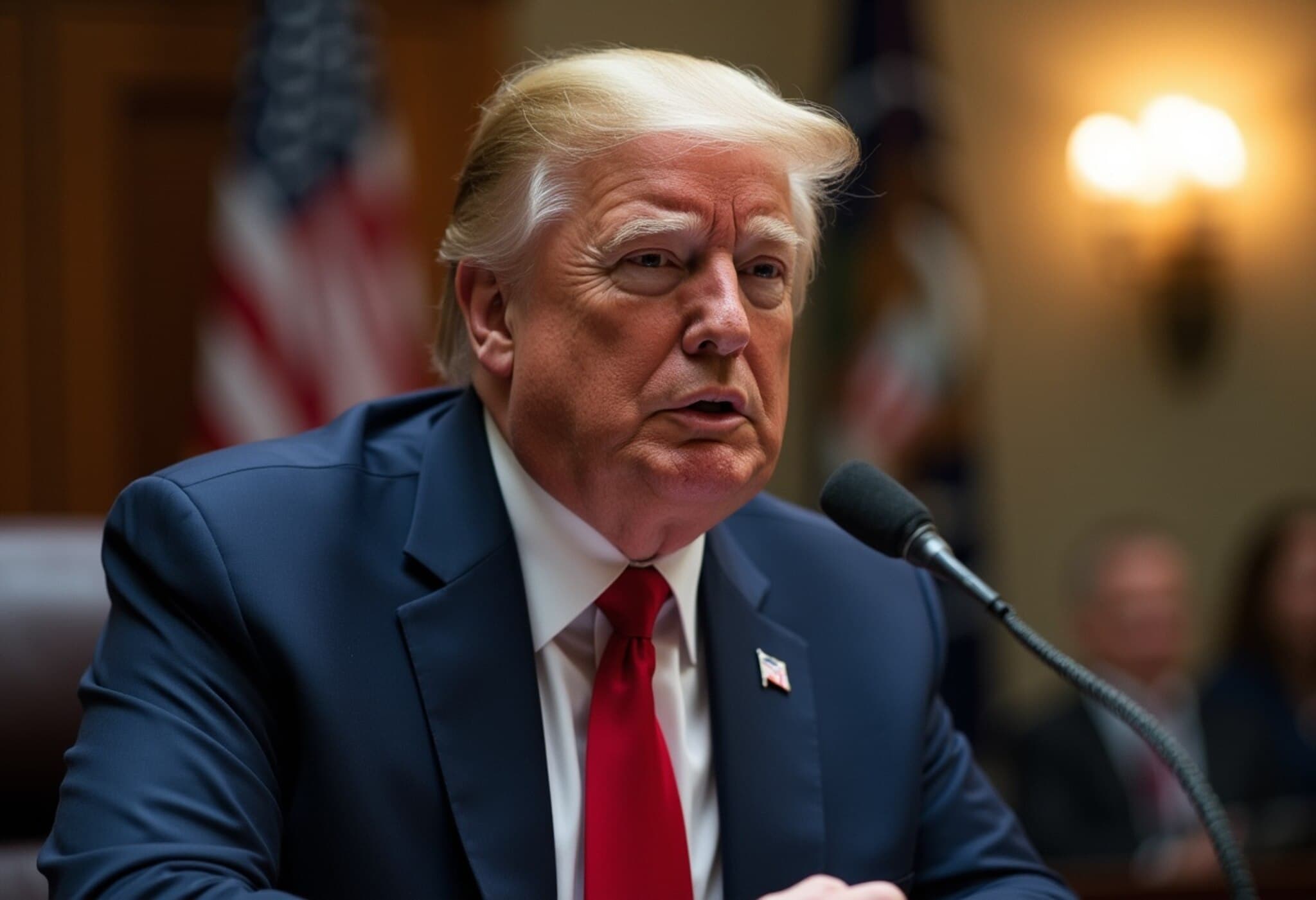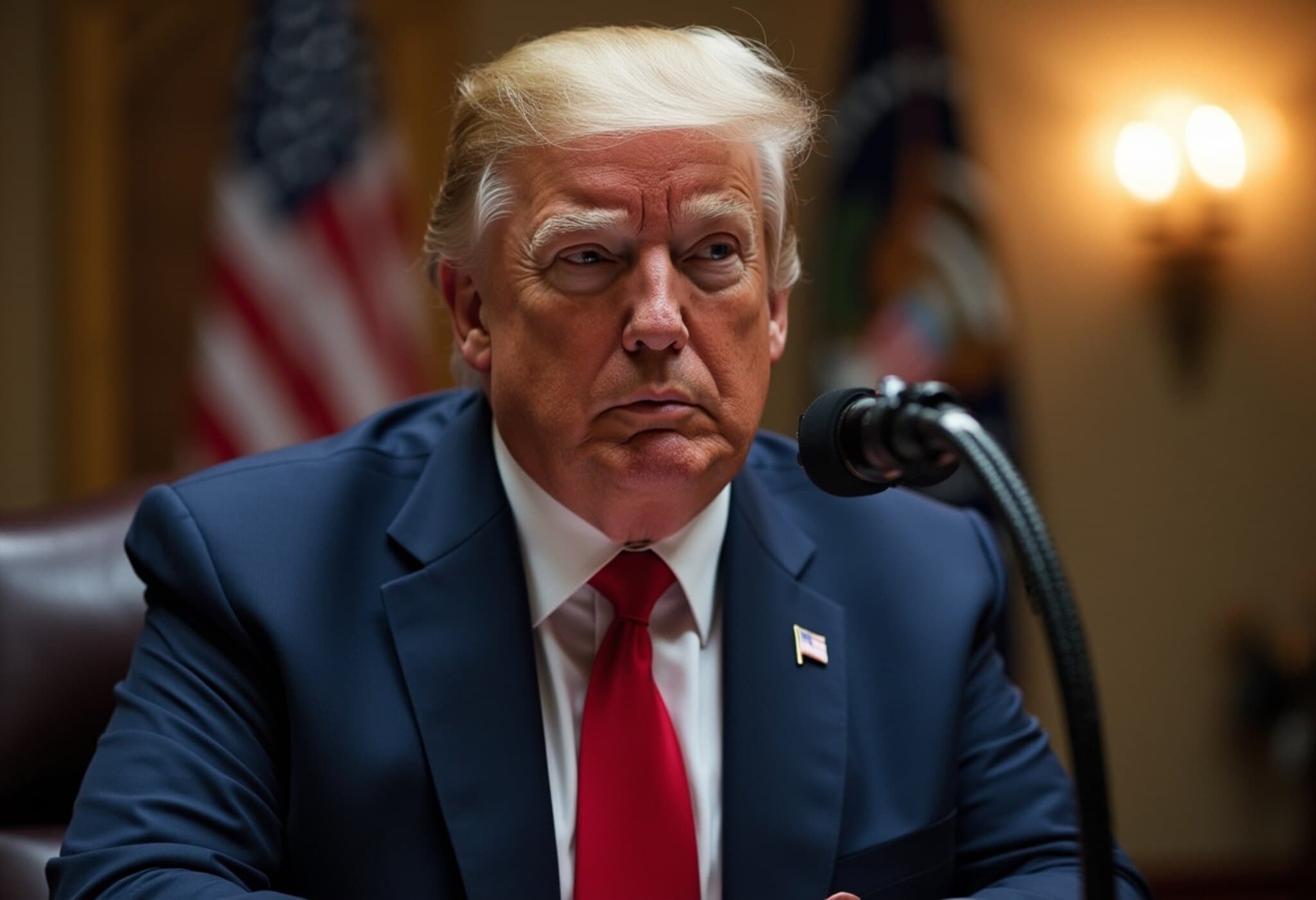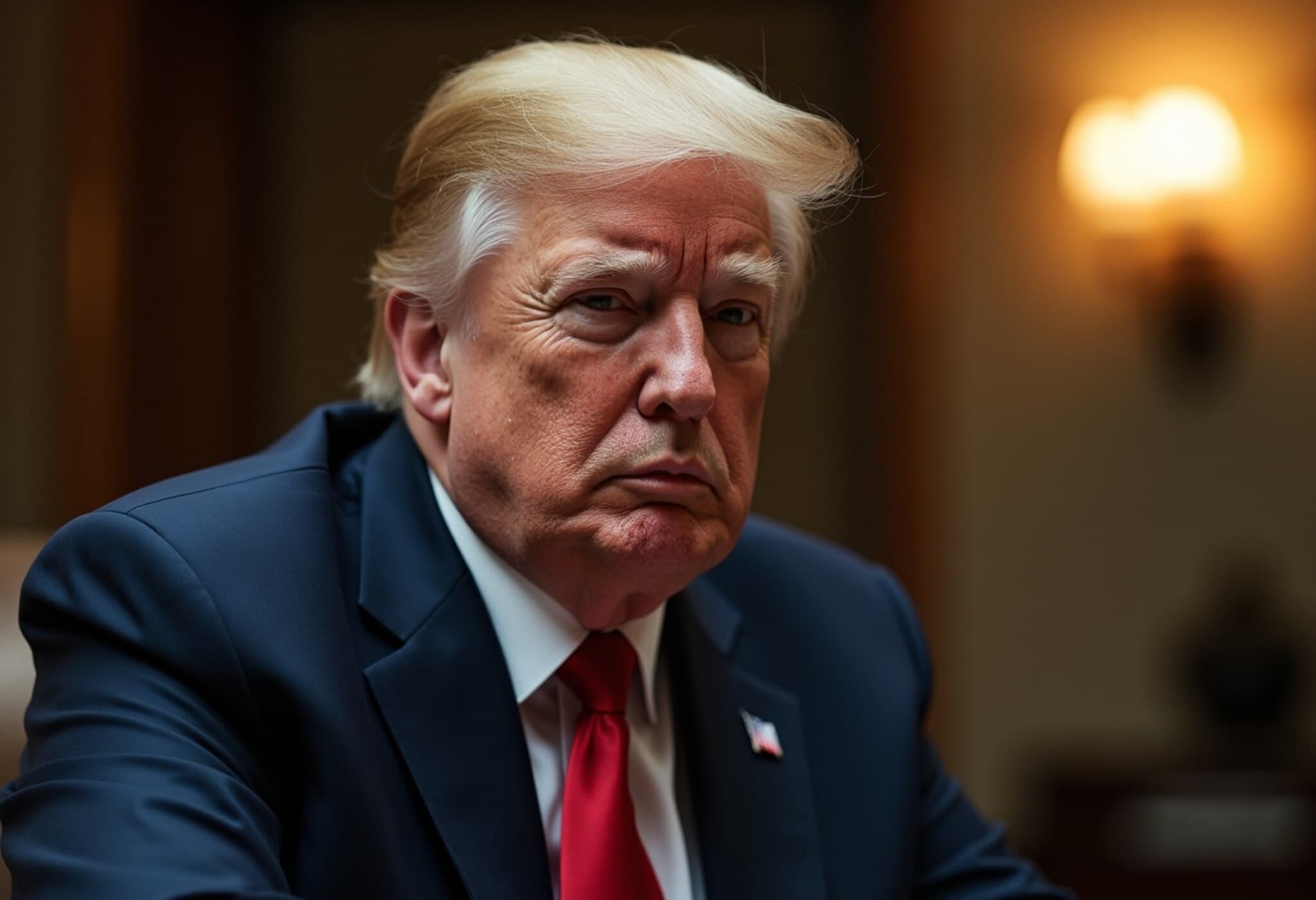Trump Vows to Unveil All Government Documents on Jeffrey Epstein
In a recent interview, former President Donald Trump affirmed his willingness to disclose all government-held information regarding the late financier and convicted sex offender Jeffrey Epstein. While emphasizing the importance of transparency, Trump also stressed the need to protect innocent individuals from unintended harm amid the sensitive revelations surrounding Epstein’s criminal network.
Balancing Transparency with Prudence
During a conversation with Newsmax host Rob Finnerty, Trump acknowledged the challenges involved in releasing Epstein-related materials. He referenced the recent lengthy interrogation of Ghislaine Maxwell—Epstein’s longtime associate and convicted sex trafficker—by Deputy Attorney General Todd Blanche. Maxwell is currently serving a 20-year sentence and has faced considerable public scrutiny.
"I want to release everything," Trump stated, "but I just don’t want people to get hurt who shouldn’t be hurt." Drawing attention to the delicate nature of the case, he noted that the government wants to avoid collateral damage to innocents caught in what he described as a complex network.
Maxwell's Situation and Potential Pardons
When probed about a possible presidential pardon for Maxwell, Trump was circumspect, highlighting that although he possesses the authority, no formal pardon request has reached him. He admitted, "I know nothing about the case, but I know I have the right to do it." This cautious stance comes amid debates in legal and political circles around the appropriate response to those involved in Epstein’s trafficking ring.
Trump’s Reluctance on Pardoning Sean 'Diddy' Combs
Shifting focus, the discussion touched on Sean “Diddy” Combs, who recently faced legal troubles after convictions on two counts related to prostitution but was acquitted of more serious charges like sex trafficking and racketeering. With sentencing scheduled, questions arose about whether Trump might consider a pardon.
Trump appeared hesitant, recalling a previous amicable relationship with the entertainer that deteriorated during Trump’s political campaigns due to Combs’ public criticisms. "He was sort of half innocent," Trump remarked, "and it’s hard because when you knew someone and were fine, then the hostility kicked in during the campaign. It clouds judgment."
Ultimately, Trump indicated that these tensions likely weigh against granting clemency. "They have talked to me about Sean," he said, but a direct response about pardoning him was a probable "no." This interplay between personal feelings and presidential authority underscores the complex dynamics influencing pardon decisions.
Expert Commentary: The Broader Implications
Trump’s statements highlight the ongoing struggle within the U.S. political and justice systems to balance transparency and accountability with fairness and protection of innocents. While full disclosure of Epstein’s files could illuminate uncomfortable truths and possibly implicate powerful figures, careless release risks jeopardizing due process and privacy rights.
Moreover, the nuanced position on pardons reflects how political relationships and public sentiment can intricately affect judicial outcomes, especially in high-profile cases. The case of Sean Combs, blending celebrity influence, legal complexity, and political tensions, exemplifies the challenge presidents face when deciding on clemency.
Regional and Policy Context
From an American legal standpoint, the Epstein saga has persistently exposed weaknesses in prosecutorial discretion and the handling of sex trafficking crimes at the federal level. Calls for releasing full documents resonate with advocates seeking systemic reform and victims’ justice. However, legal experts caution that transparency must be balanced against ongoing investigations and the rights of involved parties.
What Remains to be Seen
- Will the government move forward with releasing Epstein-related files beyond curated disclosures?
- Could public pressure influence a pardon for Maxwell or others connected to Epstein’s network?
- How might political history between figures like Trump and Combs shape pardon decisions and public perception?
Editor’s Note
This evolving narrative invites us to consider the intricate intersections of justice, politics, and public accountability. As the Epstein files potentially come to light, transparency may deliver overdue revelations but must be handled with care to avoid collateral damage. Similarly, presidential pardons, while legal tools for mercy and correction, also carry deep symbolic weight, reflecting how personal dynamics and societal values influence the rule of law in America.

